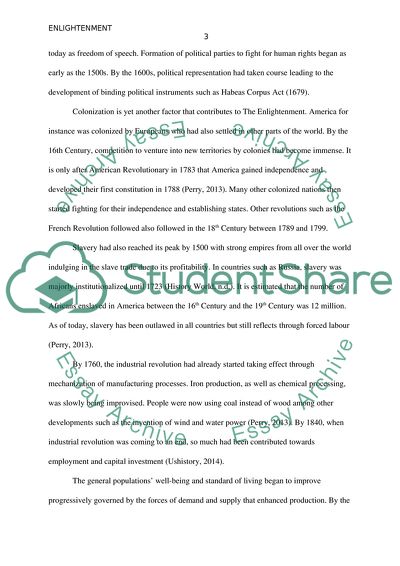Cite this document
(“Enlightenment Essay Example | Topics and Well Written Essays - 1000 words - 1”, n.d.)
Retrieved from https://studentshare.org/history/1678213-enlightenment
Retrieved from https://studentshare.org/history/1678213-enlightenment
(Enlightenment Essay Example | Topics and Well Written Essays - 1000 Words - 1)
https://studentshare.org/history/1678213-enlightenment.
https://studentshare.org/history/1678213-enlightenment.
“Enlightenment Essay Example | Topics and Well Written Essays - 1000 Words - 1”, n.d. https://studentshare.org/history/1678213-enlightenment.


